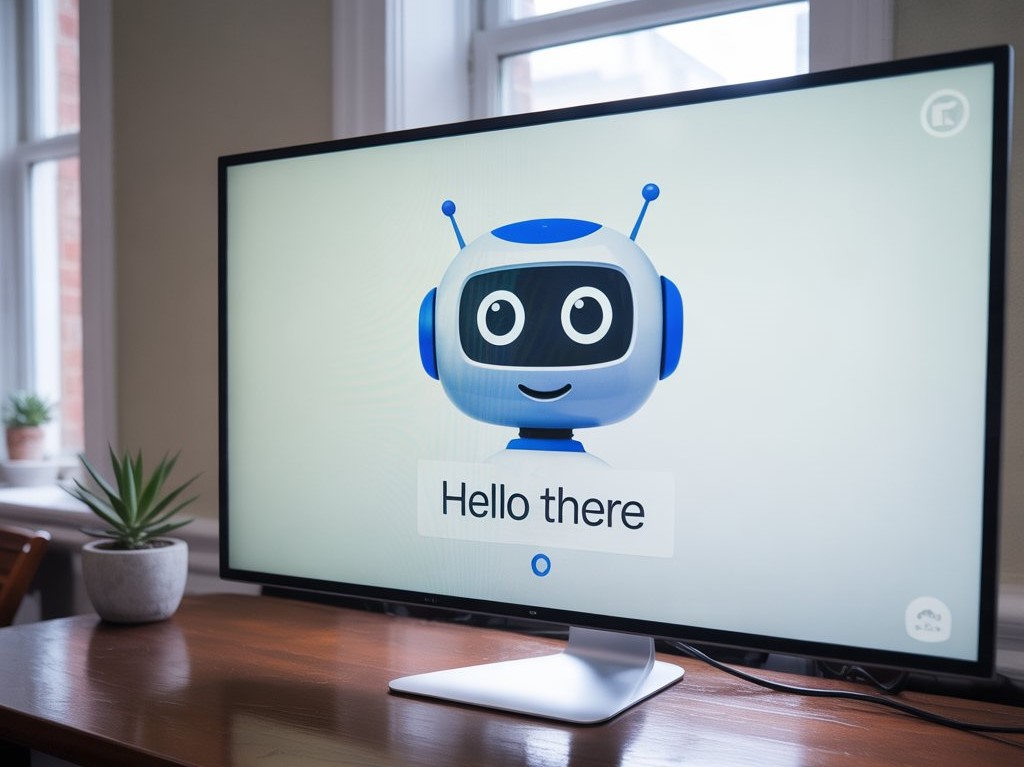
Retrieval-Augmented Generation (RAG): Rewolucja AI wspierana wyszukiwaniem w chatbotach i aplikacjach biznesowych
RAG oznacza Retrieval-Augmented Generation, hybrydowe podejście AI, które łączy duży model językowy z wyszukiwarką lub bazą danych, aby pobierać zewnętrzną wiedzę dla uzasadnionych, aktualnych odpowiedzi. W 2025 roku RAG stał się strategicznym imperatywem dla nowoczesnej sztucznej inteligencji, napędzając inteligentne chatboty, asystentów korporacyjnych